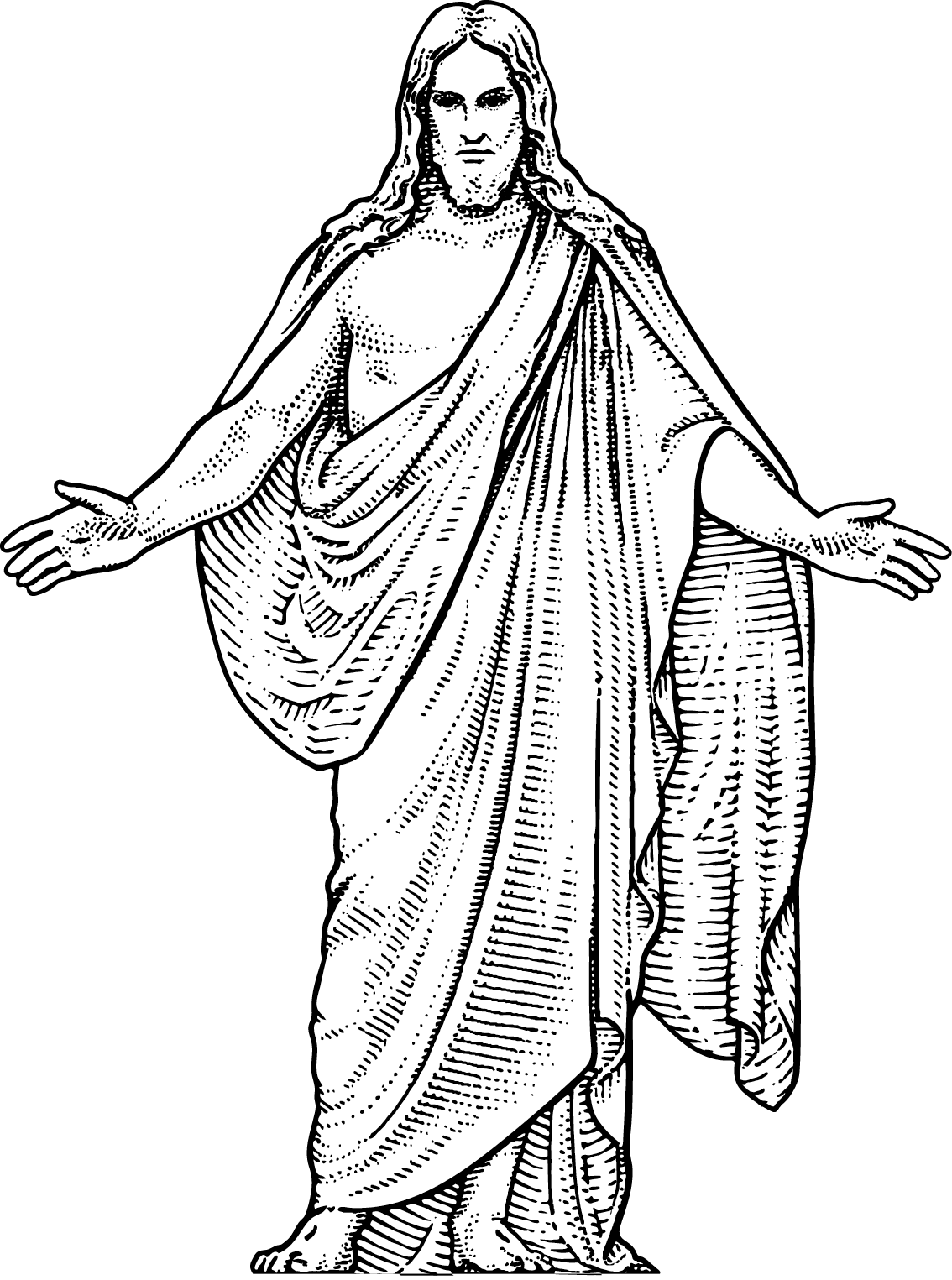|
Lesson 5
The Infinite Atonement of Jesus Christ
See also
|

1. Cover page |
|
|
 |
The Infinite Atonement of Jesus Christ
Background and Student Reading
|
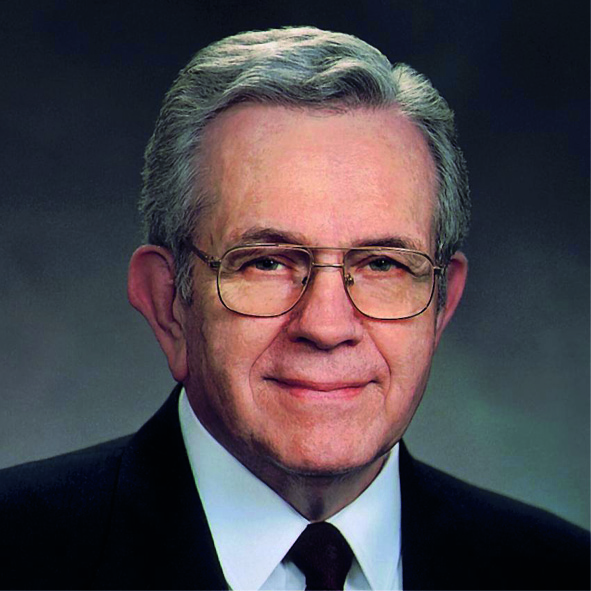 Boyd K Packer Boyd K Packer
"The Atonement," Ensign or Liahona, Nov. 2012, 75-78
 D Todd Christofferson D Todd Christofferson
"Redemption," Ensign or Liahona, May 2013, 109-112.
|
 2 Nephi 9:6-12, 20-22 | Mosiah 3:5-11, 16; 15:7-9 | Alma 7:11-13; 34:8-12 | Moroni 8:8-12 | Doctrine and Covenants 137:7-9 2 Nephi 9:6-12, 20-22 | Mosiah 3:5-11, 16; 15:7-9 | Alma 7:11-13; 34:8-12 | Moroni 8:8-12 | Doctrine and Covenants 137:7-9
|
Elevated Learning
 As you go through this institute lesson make notes in your study journal of the things that impress on your mind and heart and expand your personal understanding. Take the time to review these notes and share with others after the lesson. This is an important part of your elevated learning experience and will help the gospel of Jesus Christ get down into your heart and contribute to your successful graduation of this institute course. As you go through this institute lesson make notes in your study journal of the things that impress on your mind and heart and expand your personal understanding. Take the time to review these notes and share with others after the lesson. This is an important part of your elevated learning experience and will help the gospel of Jesus Christ get down into your heart and contribute to your successful graduation of this institute course.
2. The greatest event in all history |
 |
|
 |
I wish to speak about the greatest event in all history. That singular event was the incomparable Atonement of our Lord and Savior, Jesus the Christ. This was the most transcendent act that has ever taken place.
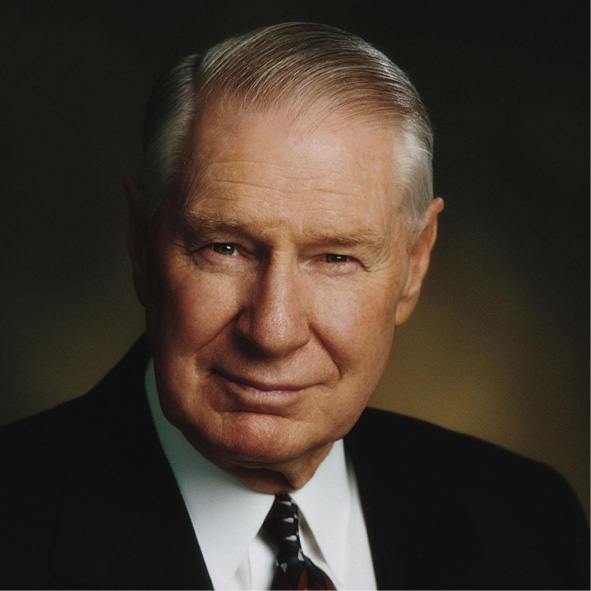
Elder James E Faust
"The Atonement: Our Greatest Hope,"
Ensign, Nov. 2001, 18.
Questions
Why is the Atonement of Jesus Christ the greatest event ever to take place?
3. Alma speaks about the power and need for the atonement |
 |
|
 |
For it is expedient that an atonement should be made; for according to the great plan of the Eternal God there must be an atonement made, or else all mankind must unavoidably perish; yea, all are hardened; yea, all are fallen and are lost, and must perish except it be through the atonement which it is expedient should be made.

Alma
Alma 34:8-12
Questions
How does the atonement fit into the Plan of Salvation?
4. Who could redeem all people |
 |
|
 |
An infinite atonement was required to redeem Adam, Eve, and all of their posterity. ...According to eternal law, that atonement required a personal sacrifice by an immortal being not subject to death. Yet He must die and take up His own body again. The Savior was the only one who could accomplish this. From His mother He inherited power to die. From His Father He obtained power over death.

Russell M Nelson
"Constancy amid Change,"
Ensign, Nov. 1993, 34
Questions
Why was Jesus Christ the only one who could redeem all people?
5. Infinite and eternal |
 |
|
 |
Jesus Christ's Atonement is infinite - without an end. It was also infinite in that all humankind would be saved from never-ending death. It was infinite in terms of His immense suffering. It was infinite in scope - it was to be done once for all. And the mercy of the Atonement extends not only to an infinite number of people, but also to an infinite number of worlds created by Him. It was infinite beyond any human scale of measurement or mortal comprehension.

Russell M Nelson
"Constancy amid Change,"
Ensign, Nov. 1993, 34
Questions
In what ways is the atoning sacrifice of Jesus Christ infinite and eternal?
6. Glad tidings of great joy |
 |
|
 |
Mosiah 3:5-11
...and shall go forth amongst men, working mighty miracles, such as healing the sick, raising the dead, causing the lame to walk, the blind to receive their sight, and the deaf to hear, and curing all manner of diseases. And he shall cast out devils, or the evil spirits which dwell in the hearts of the children of men...

King Benjamin
Mosiah 3:5-11
Questions
What caused the people of King Benjamin to be filled with joy?
What words or phrases describe the price that Jesus Christ paid for our salvation?
7. The magnitude of His suffereing |
 |
|
 |
Christ's agony in the garden is unfathomable by the finite mind, both as to intensity and cause. He struggled and groaned under a burden such as no other being who has lived on earth might even conceive as possible. It was not physical pain, nor mental anguish alone, that caused Him to suffer such torture as to produce an extrusion of blood from every pore; but a spiritual agony of soul such as only God was capable of experiencing. No other man, however great his powers of physical or mental endurance, could have suffered so.
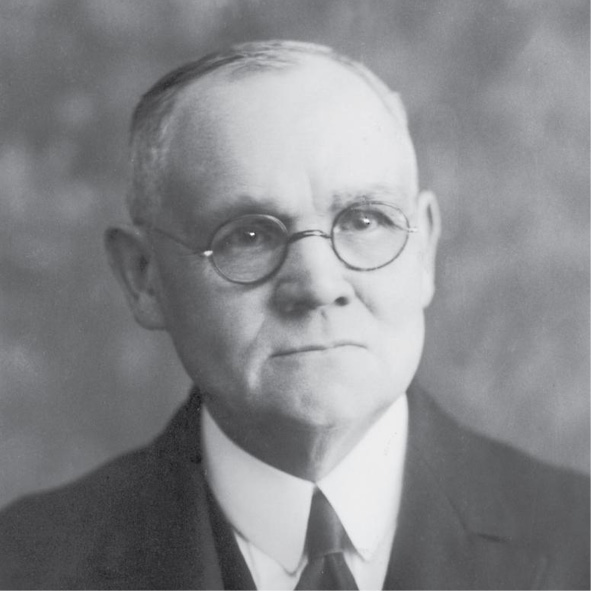
James E Talmage
'Jesus the Christ'
3rd ed. 1916, 613.
Questions
What thoughts and feelings do you have as you ponder the magnitude of Jesus Christ's suffering?
8. Jacob explains... |
 |
|
 |
2 Nephi 9:6-9
For as death hath passed upon all men, to fulfil the merciful plan of the great Creator, there must needs be a power of resurrection...
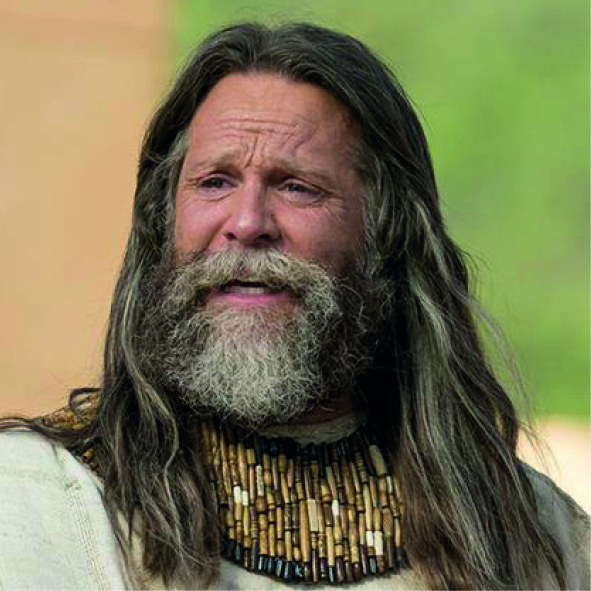
Jacob
2 Nephi 9:6-9
Questions
What would happen to our bodies if there were no atonement?
What would happen to our spirits?
9. How to escape from spiritual and physical death |
 |
|
 |
2 Nephi 9:10-12, 20-22
O how great the goodness of our God, who prepareth a way for our escape from the grasp of this awful monster; yea, that monster, death and hell, which I call the death of the body, and also the death of the spirit. ...for behold, he suffereth the pains of all men, yea, the pains of every living creature, both men, women, and children, who belong to the family of Adam.

Jacob
2 Nephi 9:10-12, 20-22
Questions
In what ways are we delivered from spiritual and physical death?
What are the blessings of the resurrection?
10. Gratitude for the atonement |
 |
|
 |
By His Atonement and Resurrection, Jesus Christ has overcome all aspects of the Fall. Physical death will be temporary, and even spiritual death has an end, in that all come back into the presence of God, at least temporarily, to be judged.

D Todd Christofferson
'The Resurrection of Jesus Christ'
Ensign or Liahona, May 2014, 112.
Questions
When have you felt gratitude that Jesus Christ has overcome both physical and spiritual death?
11. Being redeemed from our sins |
 |
|
 |
Yea, even so he shall be led, crucified, and slain, the flesh becoming subject even unto death, the will of the Son being swallowed up in the will of the Father. And thus God breaketh the bands of death, having gained the victory over death; giving the Son power to make intercession for the children of men? Having ascended into heaven, having the bowels of mercy; being filled with compassion towards the children of men; standing betwixt them and justice; having broken the bands of death, taken upon himself their iniquity and their transgressions, having redeemed them, and satisfied the demands of justice.

Abinadi
Mosiah 15:7-9
Questions
What do these verses teach us about Christ's redeeming power?
What does the word intercession mean?
12. The atonement saves everyone |
 |
|
 |
And even if it were possible that little children could sin they could not be saved; but I say unto you they are blessed; for behold, as in Adam, or by nature, they fall, even so the blood of Christ atoneth for their sins. (See also Moroni 8:8-12)
For behold, and also his blood atoneth for the sins of those who have fallen by the transgression of Adam, who have died not knowing the will of God concerning them, or who have ignorantly sinned. (See also D&C 137:7-9)

King Benjamin
Mosiah 3:16, Mosiah 3:11
Questions
What do we learn about the salvation of children who die before being baptised?
What about people who 'died not knowing the will of God?'
13. Perfect empathy of the Saviour |
 |
|
 |
And he shall go forth, suffering pains and afflictions and temptations of every kind; and this that the word might be fulfilled which saith he will take upon him the pains and the sicknesses of his people. And he will take upon him death, that he may loose the bands of death which bind his people; and he will take upon him their infirmities, that his bowels may be filled with mercy, according to the flesh, that he may know according to the flesh how to succor his people according to their infirmities. Now the Spirit knoweth all things; nevertheless the Son of God suffereth according to the flesh that he might take upon him the sins of his people, that he might blot out their transgressions according to the power of his deliverance; and now behold, this is the testimony which is in me.

Alma
Alma 7:11-13
Questions
What mortal challenges did the Saviour experience as part of the atonement?
Why did Jesus do this?
14. Trust in the Saviour's atonement |
 |
|
 |
I testify that the Savior's Atonement lifts from us not only the burden of our sins but also the burden of our disappointments and sorrows, our heartaches and our despair. From the beginning, trust in such help was to give us both a reason and a way to improve, an incentive to lay down our burdens and take up our salvation.

Jeffrey R Holland
'Broken Things to Mend,'
Ensign or Liahona, May 2006, 70-71.
Questions
How can trusting in the Saviour's Atonement affect your actions and eternal perspective?
How can understanding the truth's in Alma 7:11-13 help you face challenges?
|
 Teachings and Doctrine of the Book of Mormon
Teachings and Doctrine of the Book of Mormon

 Boyd K Packer
Boyd K Packer D Todd Christofferson
D Todd Christofferson 2 Nephi 9:6-12, 20-22 | Mosiah 3:5-11, 16; 15:7-9 | Alma 7:11-13; 34:8-12 | Moroni 8:8-12 | Doctrine and Covenants 137:7-9
2 Nephi 9:6-12, 20-22 | Mosiah 3:5-11, 16; 15:7-9 | Alma 7:11-13; 34:8-12 | Moroni 8:8-12 | Doctrine and Covenants 137:7-9